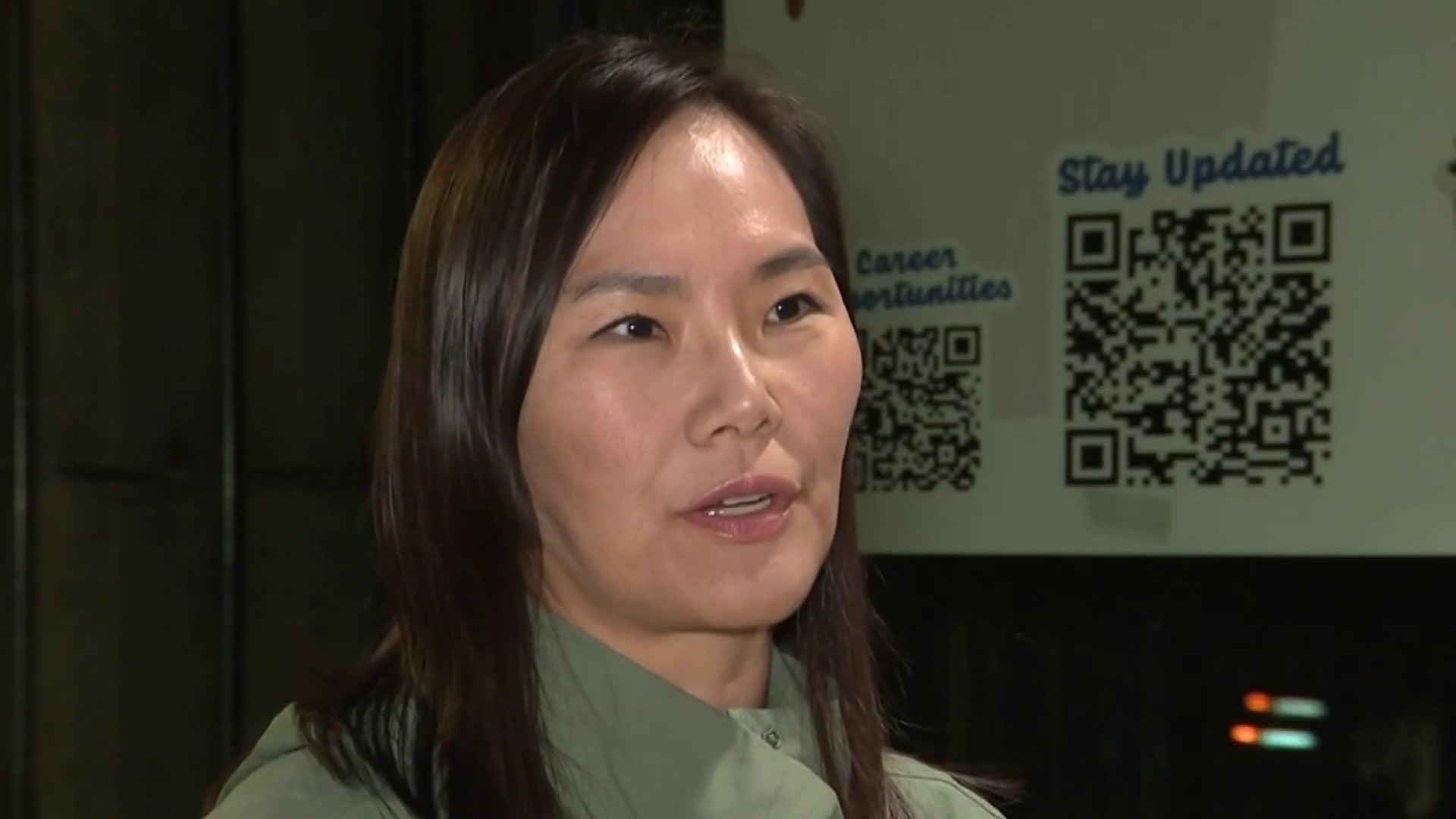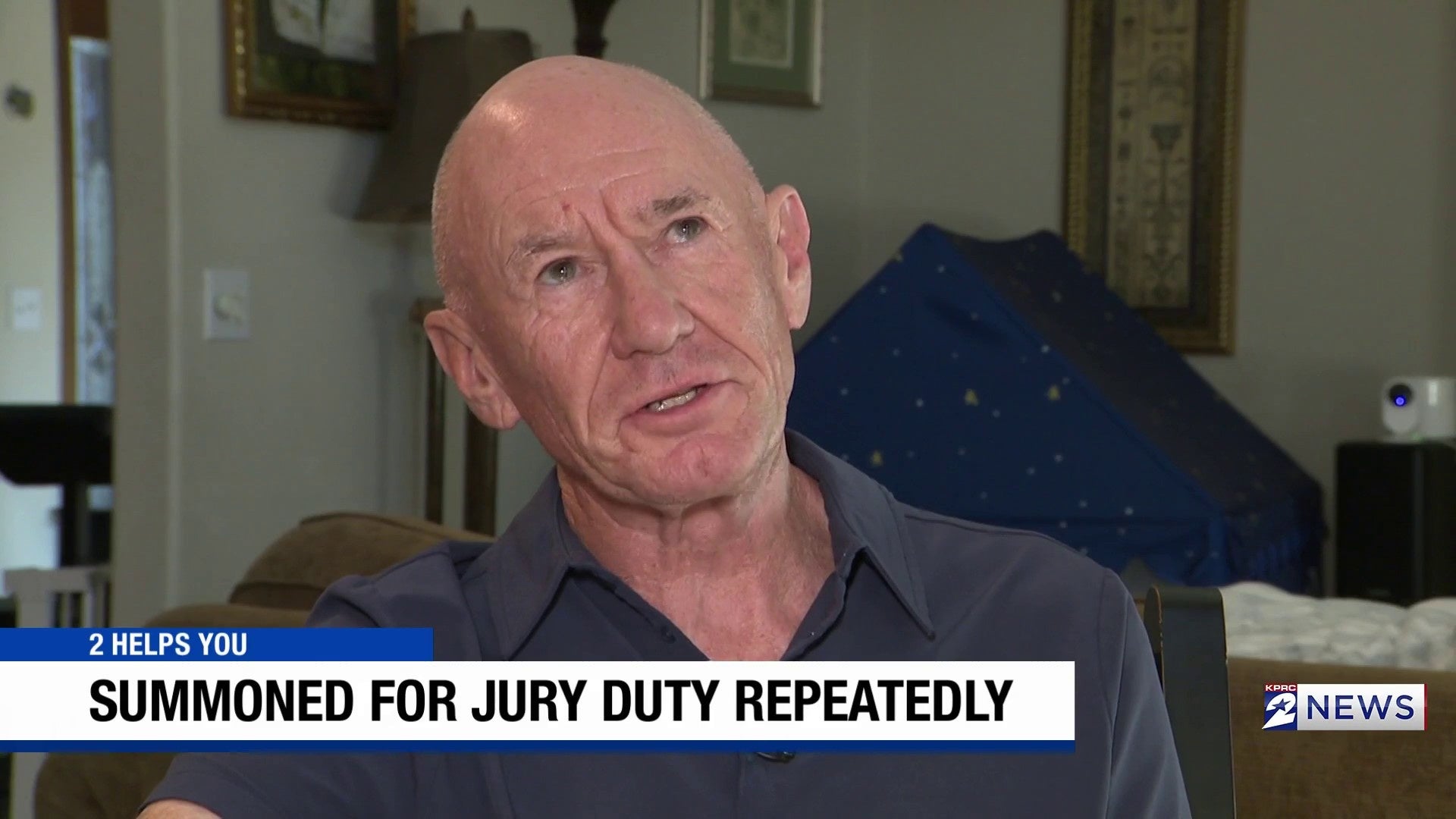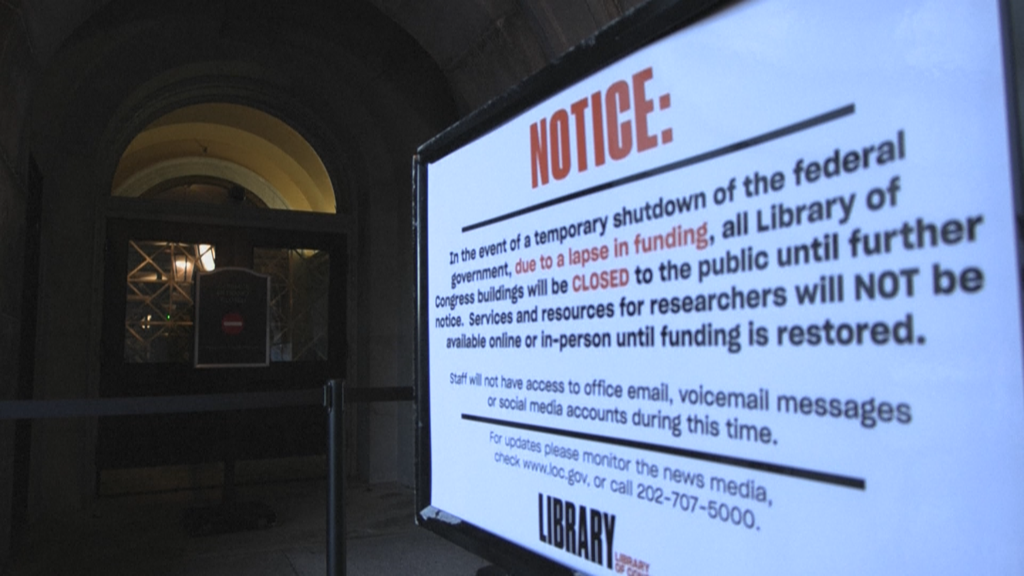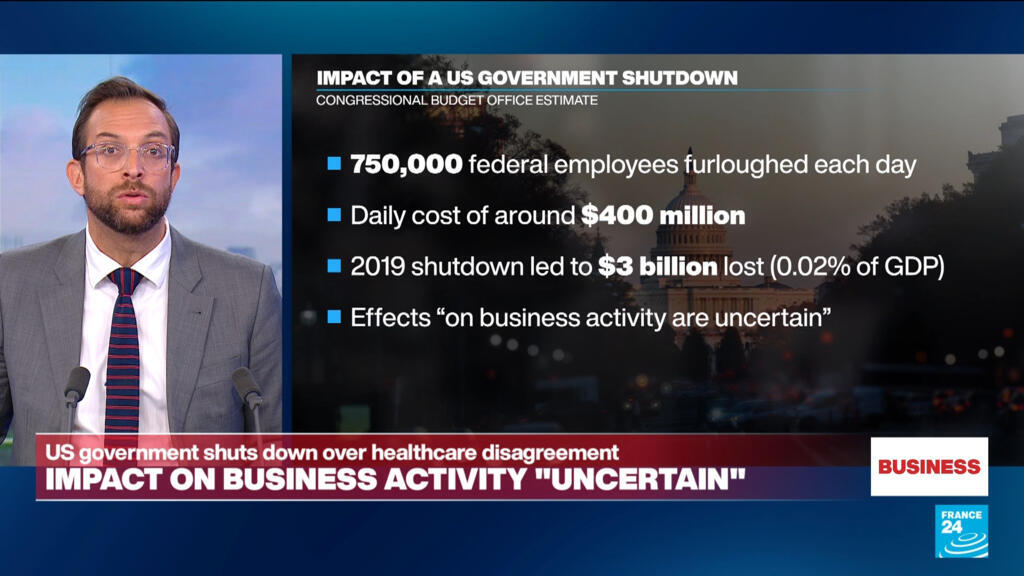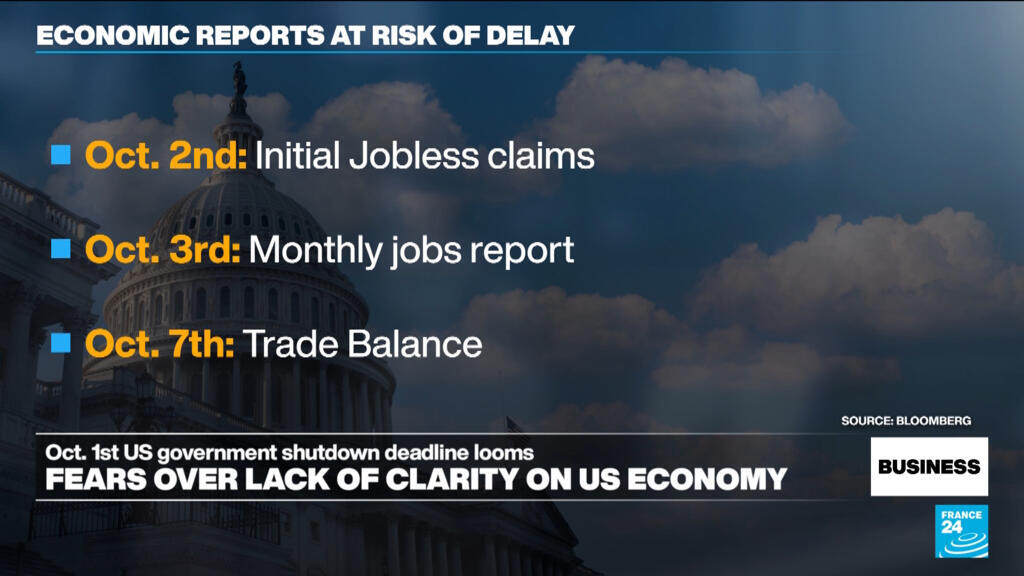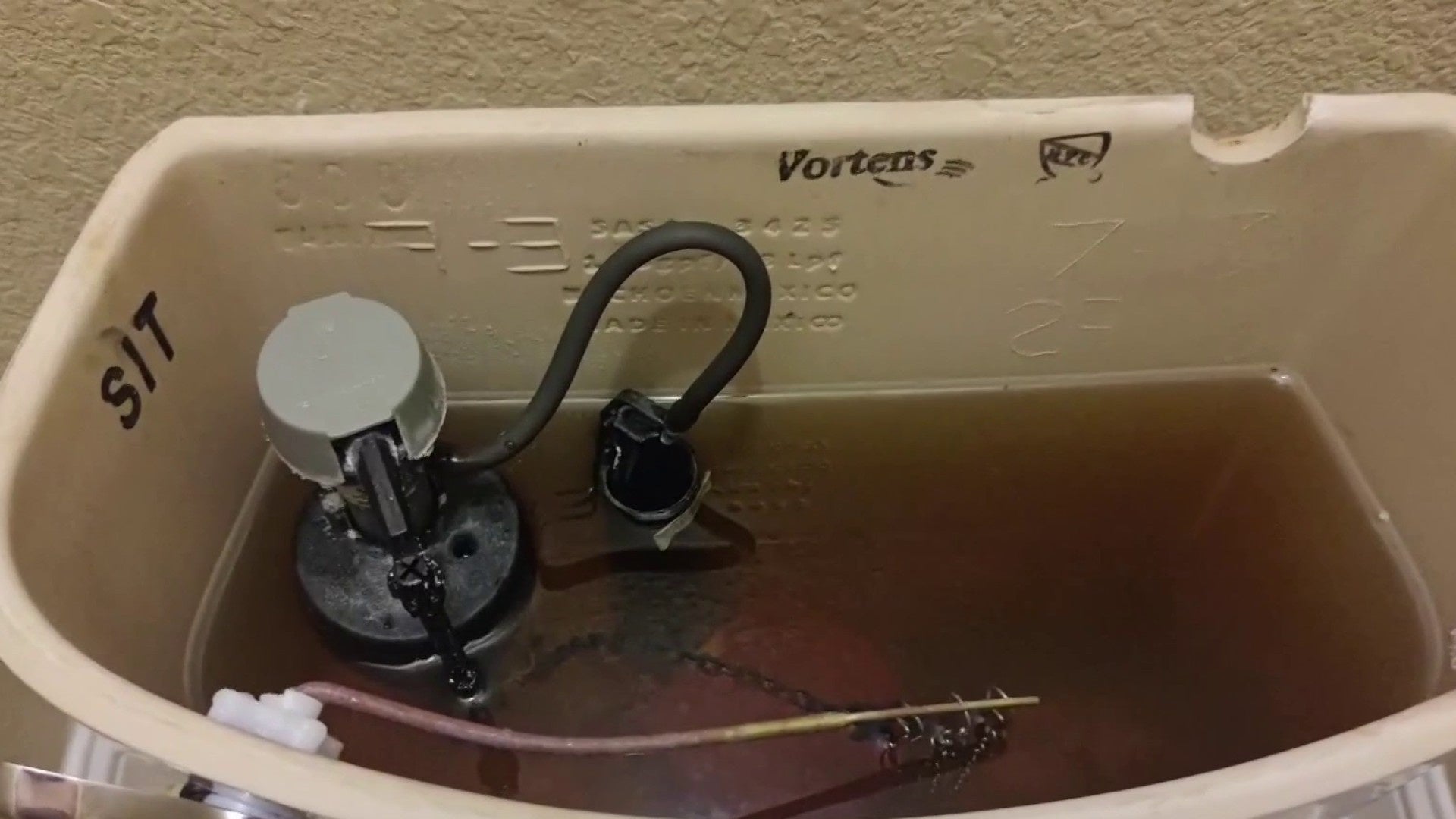Will Proposition 4 Save the Texas Water Supply?
Andrew Coppin lived through an Australian drought and water shortage so severe that some towns had to spend millions to truck in water from other regions. People weren’t able to bathe or cook and the farming and ranching industries took a massive hit, impacting agricultural production and food supply. So Coppin, CEO of the agricultural […] The post Will Proposition 4 Save the Texas Water Supply? appeared first on Houston Press.


Andrew Coppin lived through an Australian drought and water shortage so severe that some towns had to spend millions to truck in water from other regions. People weren’t able to bathe or cook and the farming and ranching industries took a massive hit, impacting agricultural production and food supply.
So Coppin, CEO of the agricultural water monitoring service Ranchbot, said “G’day” to the outback and packed his bags for Fort Worth in 2023. Now he fears a similar scenario could be unfolding in Texas.
“The criticality here is how are we going to serve water for the farmers, the ranchers and the people of Texas to be able to live the lives they want to live in the manner in which we’ve become accustomed, in a world of increasing weather volatility,” he said. “You saw what happened [with the deadly floods] in Kerr County. That was a complete travesty. Only three hours to the west, I’ve got ranchers who have only had one or two inches of rain in a year. These are people who grow our food.”
“If we don’t start thinking about water at a macro [level] and taking the politics out of water, we’re going to have to think about where we’re going to land because I don’t think it will be a happy ending,” he said.
Texas officials don’t dispute that water is running out. Lawmakers have said that the state’s municipal water supply could expire by 2030 if a major drought occurs and no water solutions are implemented.
The Legislature’s answer to the crisis is to pump about $1 billion a year for the next two decades into a fund to add capacity, upgrade leaky infrastructure and maybe even build some reservoirs and flood control projects. A constitutional amendment, Proposition 4 on the November 4 ballot, could provide the funds via existing sales tax revenue, beginning in 2027.

Texas needs about $154 billion by 2050 for water supply projects, infrastructure maintenance and repairs, according to a report from the nonprofit Texas 2036. So Prop 4 may not solve the water crisis, but if allocated responsibly, it could keep Texas ranchers in business and ensure that residents have running water, Coppin said.
“When you think about Texas and 34 million people and all the pressure on the water ecosystem, no one’s wrong in this debate,” he said. “It’s not me versus them. We want data centers. We want property development. We want dairies. We need food. All of these things demand a lot of water. We’re really challenged by a lot of old infrastructure and a lot of underinvestment in new infrastructure. That’s what Prop 4 is all about.”
Critics say automatic spending should not be written into the state constitution. Others have raised concerns that oversight and allocation of the fund is limited to three people with partisan interests who were appointed by Republican Gov. Greg Abbott.
Texas Policy Research, a nonpartisan public policy organization committed to improving governance, urged its members to vote against the proposition, saying the annual funding allocation would bypass the normal legislative appropriations process.
“While addressing water infrastructure is vital, this resolution undermines limited government and fiscal transparency by embedding automatic spending into the Constitution,” the organization’s voters’ guide states. “It crowds out private-sector solutions, reduces future tax relief opportunities, and limits legislative accountability for long-term fiscal commitments.”
A Houston blogger whose first name is Natalie (she publishes under the pseudonym “Stevie Said”) wrote in a Substack essay that “Prop 4 sounds like a plan to secure Texas’s water future. In reality, it hands control of billions in state funding to a board that has only three seats, and two of them belong to [a lobbyist and political insider]. This is not water management. It is a lobbyist takeover of one of the most critical funds in Texas history.”
Natalie told the Houston Press that the water fund and its governing board represent a power grab, and she suspects the money could be distributed to Abbott donors.
“There is no accountability with this board,” she said. “If they do anything wrong, there’s no way to remove them.” She’s advocating for voters to reject all 17 amendments.
“These amendments are trash,” she said. “They can legislate these things; they don’t have to be permanent amendments.”
University of Houston political science professor Brandon Rottinghaus said all constitutional amendments had to get a “supermajority,” or a two-thirds vote from the state legislature, in order to be placed on the ballot, so there appears to be bipartisan support.
“I think Republicans and Democrats agree on Proposition 4, which invests a lot of money in water,” he said. “Some groups are trying to boost turnout for this one.”
Coppin said it’s imperative that Texas set aside money to address the water crisis. In fact, the state is probably five years too late, he said.
“I’m not sure it’s going to solve the problem, but it’s going to go a long way to helping make better investments,” he said. “Identifying the funding without putting additional burden on the population is one thing. Spending the money appropriately to get outcomes in a competing environment is another thing.”
“My hope would be that the Texas Water Fund could gather the collective wisdom and find a better way to invest in the whole state and the populace,” he added. “We’ve heard that wars will be fought over water. That sounds melodramatic but we’re headed in that direction.”
The Ranchbot CEO wasn’t entirely up to speed on Texas politics — he pays property taxes in the Lone Star State but won’t be able to vote in Tuesday’s election — but acknowledged that there’s no point in having a water fund if all the money goes to consultants.
“If we don’t start doing things and we keep talking about them, it will be too late,” he said. “The challenge here is the pressure being put on nature by the expanding population. We can no longer think that water is free, that water comes from the sky or from under the earth and we don’t need to worry about it. We really need to get a plan around water.”
In 2023, voters approved an amendment that established the Texas Water Fund with a one-time $1 billion infusion. Prop 4 creates a mechanism by which money is added to the fund when sales tax collections exceed $46.5 billion in a given year. That amount has been surpassed over the past two fiscal years.
It’s a Texas Problem
Contaminated water, skyrocketing bills and a dwindling supply in the Houston suburbs have worried Magnolia resident and real estate agent Audrey Amirian for years. It’s not just a Montgomery County problem, although the water shortage has been exacerbated due to booming development and population growth; it’s a Texas problem, Amirian says.
She’s heard some concerns about how the Texas Water Fund will be allocated but said she fears the quaint and charming suburbs are getting overbuilt and lack the infrastructure to keep up with new development.
An investment in water has to be made, she said, and she wouldn’t mind if developers slowed down on the home building too.
Lauren Bohannon, a Magnolia native and small business owner, has many of the same concerns as Amirian and cofounded the Magnolia Preservation Society with another longtime resident, Sarah Pitre, to hold the city council accountable when it recruits new development. Bohannon’s father was a Magnolia mayor in the 1980s, so her roots run deep and she wants to ensure the city grows responsibly.
Council meetings aren’t livestreamed, so Bohannon and Pitre convene the day before the monthly meeting to review the agenda and educate other community members, and they go in person to voice their concerns.
“We formed this group because we wanted to continue having a dialogue with people who want to keep the old Magnolia charm, the rural community that people moved out here to experience,” Bohannon said.
Bohannon and her husband and an adult daughter live in the Magnolia Ridge subdivision. They frequently have contaminated water and outages whenever a development project is going on in the area, Bohannon said.
“We have dirty water on a regular basis,” she said. “It smells like chlorine so strongly. People have had it tested and it’s got sky-high levels of chlorine. Anytime there’s construction going on, it introduces something into the water lines. Most people I know have home filtration systems or at least one at the kitchen sink.”
Some of Magnolia’s water issues have been resolved since Amirian went before the city council several times between mid-2022 and early 2023 to address water discoloration, low pressure and frequent intermittent outages.
Amirian bought a filtration system when she got tired of bathing her daughter in dirty water. She moved her family from the Mill Creek neighborhood last year because she wanted to have some land and well water. She rents out the Mill Creek home and said her tenants have not complained about water outages or contamination.
Magnolia residents are, however, bringing up the fact that their bills are often miscalculated and they’ve been charged thousands of dollars for a month’s worth of water.
Some of the billing issues were resolved by installing new meters or correcting errors at the city’s water department. That doesn’t have anything to do with the compromised capacity, Amirian said, but it’s a source of frustration among homeowners, some of whom also pay taxes to a municipal utility district and the San Jacinto River Authority, not always knowing how their money is being spent
“The city is just growing way too rapidly in my opinion,” the realtor said. “Growth is good for business but I feel like the way we’re growing isn’t a wise way to grow. The water bills and the MUD taxes aren’t in favor of the people; they’re in favor of the developer.”
“I have to tread lightly because of my profession, but to be honest, I am a little bit sick of it. Every time I get notifications for all these new developments, it kind of breaks my heart,” she added. “I see how the area has transformed and it’s really sad. They’re building so many neighborhoods and they’re not ready for the growth.”
A four-month moratorium on new construction was extended by the Magnolia City Council in mid-August, citing concerns that “certain essential public and private infrastructure, being water facilities throughout the city limits and [extraterritorial jurisdiction] are inadequate and insufficient to adequately serve new development.”
But plans are still being drawn. Tannos Development Group is planning a $1 billion, 200-acre project called Magnolia Town Center that will include apartments, office space, retail and a luxury hotel.
“They can’t approve it because we’re still under a building moratorium because there’s not enough water,” Bohannon said. “The moratorium could be lifted in December because they think they have enough wells now. They go around the moratorium with these development agreements and, like in Audubon, they went around the moratorium and the developer said he’d dig his own water well. But the water comes from the same place. Water’s water.”
“So you’re not on city water so you get to approve this huge development for residential and commercial,” she added. “They’re out here clear-cutting trees. They’re approving development for tax revenue.”

A 40-acre lagoon development is planned north of FM 1488 at the Magnolia/Waller border, and there’s no doubt the $30 million project, slated to open next summer, is going to require a lot of water.
Magnolia isn’t the only city in Montgomery County with water issues. Conroe’s year-long building moratorium for the north side of the city, enacted due to concerns about water and sewer infrastructure capacity, ended in August.
“I think water supply is a concern for everyone in this region, in the state of Texas,” Amirian said. “I’m worried that there’s also a power issue. Our power grid has historically had problems with winter storms and stuff like that. Infrastructure as a whole is an issue.”
“I just feel like we need everything to slow down and go through the right channels and be done properly,” she added.
Bohannon agreed. “We really just want them to be more responsible with the growth,” she said.
Houston and Harris County
Harris and most of the surrounding counties are currently under outdoor burn bans because of recent dry conditions, and the state’s demand for water has increased because of an influx of new residents, leaks in old infrastructure and climate change contributing to drier weather, according to experts.
But a good rain can change everything, at least temporarily.
Houston officials announced in May 2024 that increased rainfall and steady reservoir levels stabilized the water supply and prompted the Public Works Department to lift restrictions on water usage within the city limits. A Water Conservation Plan adopted last year calls for residents to limit water usage when washing vehicles or watering their lawns, but it doesn’t appear that anyone is strictly following those guidelines.

As the supply dwindles, leaders in Texas cities say the $20 billion funding package may be the only way to not only build capacity but also earmark dollars for cleaning salty water and initiating flood control projects.
The challenges are different in different parts of the state, but as Amirian mentioned, it’s a “Texas problem.” Boil water notices are common in East Texas, and out west, farmers worry that groundwater wells will run dry, the Texas Tribune reported earlier this month.
Amirian said she hasn’t extensively researched Proposition 4 but thinks the state definitely needs more money for water projects.
“I’m concerned about the long-term infrastructure for Texas in general,” she said.”If they don’t start getting ahead of some of this stuff, cities are growing and this is becoming an issue in more places than we want to think about. I have a well so I guess I don’t have to be as concerned, but it’s not just about me. If there are water issues in Texas and it becomes a big problem, people are going to stop moving here.”

The Houston Public Works department announced in February that it needs $15 billion for a new water plant and wastewater improvements to prevent a “catastrophic failure” at the 70-year-old East Water Purification Plant.
The treatment plant feeds the “heart of Houston,” according to city officials, including the petrochemical industry in the Port of Houston, the Texas Medical Center and 2.2 million residents. A failure would affect not just the region but the entire country, City officials said earlier this year.
And some Houston residents are still waiting for infrastructure repairs caused by damage from 2017’s Hurricane Harvey. The upgrades were supposed to be covered by a $2.5 billion bond issue, but there’s been recent criticism that the Harris County Flood Control District has not followed an equity prioritization framework adopted by commissioners court seven years ago.
The Flood Control District in June committed $262.5 million to urgent needs and released a public dashboard in September so residents can track the progress of flood bond projects. Doris Brown, a Houston native and cofounder of the Northeast Action Collective, said the lack of response after Harvey, particularly in poor areas that weren’t built to withstand severe weather, prompted her and her neighbors into action. Now they want to ensure that the infrastructure is hardened so such devastation doesn’t happen again.
The Texas Water Fund could pay for flood control projects but no one knows yet how the money will be prioritized. Coppin said it’s a gamble worth taking.
“I grew up in a country that has been water-deprived for a long, long time,” he said. “I’ve seen what it’s like to not be able to have a shower, not be able to water your garden, not be able to wash your car or do anything at all. There are whole towns in Australia that have lived through that for years. I’ve seen farmers waiting for it to rain so they can go back into business or waiting for the bank to come and they go out of business.”
Bohannon said the statewide water fund sounds like a good thing but she hadn’t researched the full text of the proposition when she spoke to the Press about a week before the election.
“It sounds like a good idea until you dig into the details like who’s running it and who’s providing oversight,” she said. “The fact that these people were appointed by Abbott gives me pause. I’m a conservative Republican but Abbott hasn’t always done things that are in the best interests of Texans.”
Texas Water Development Board
It’s been widely reported that the Texas Water Fund will be managed and allocated by the Texas Water Development Board, with projects being divided into two categories: water supply and other existing programs.
What hasn’t been widely reported is that the Texas Water Development Board has just three members, L’Oreal Stepney, a licensed professional engineer; Brady Franks, a former budget director for Abbott’s office; and Ashley Morgan, an attorney and former lobbyist. Natalie, the Houston blogger, said she’s concerned that Franks and Morgan don’t have the proper credentials to govern a multibillion-dollar statewide water fund.
There are, however, some parameters on how the dollars are allocated. One bucket of money would expand water availability in Texas through things like desalination of seawater, repair of leaky pipes and construction of permitted reservoirs.
A second bucket would be set aside for improving flood control infrastructure, creating clean drinking water and conserving agricultural water.
The Texas Water Development Board’s media relations office responded to a request for an interview by sending an eight-page list of frequently asked questions about Proposition 4.
According to the FAQ, the Texas Water Fund dollars must be used for water and wastewater infrastructure projects; initiatives for which all required state or federal permitting has been substantially completed; the statewide water public awareness program; conservation strategies; water loss mitigation projects; and technical assistance.

A Texas 2036 survey published earlier this year found that 76 percent of respondents would support Proposition 4 when informed it would invest $1 billion per year for 20 years in water infrastructure using existing sales tax revenue and no new taxes.
Couple those stats with the fact that voter turnout is typically low during a constitutional amendments election, and Proposition 4 is likely to pass.
Texans, whether they have an interest in farming and ranching, or just like to be able to wash their hands with clean tap water, will be watching to see how that money is spent. The skeptics are just going to have to trust the process, Coppin said.
He pointed out that “we live in a world now where if your cell phone doesn’t work for a day, life’s not worth living.”
“If the power goes out in the house, things start falling apart pretty quickly,” Coppin said. “I wasn’t here during COVID, but in Australia, we all ran out of toilet paper. That was a catastrophe. Think about if people had no idea where they were going to get water for the next three or four days. This is one of the biggest challenges of our time. Water is not free and it should not be taken for granted.”
The post Will Proposition 4 Save the Texas Water Supply? appeared first on Houston Press.
